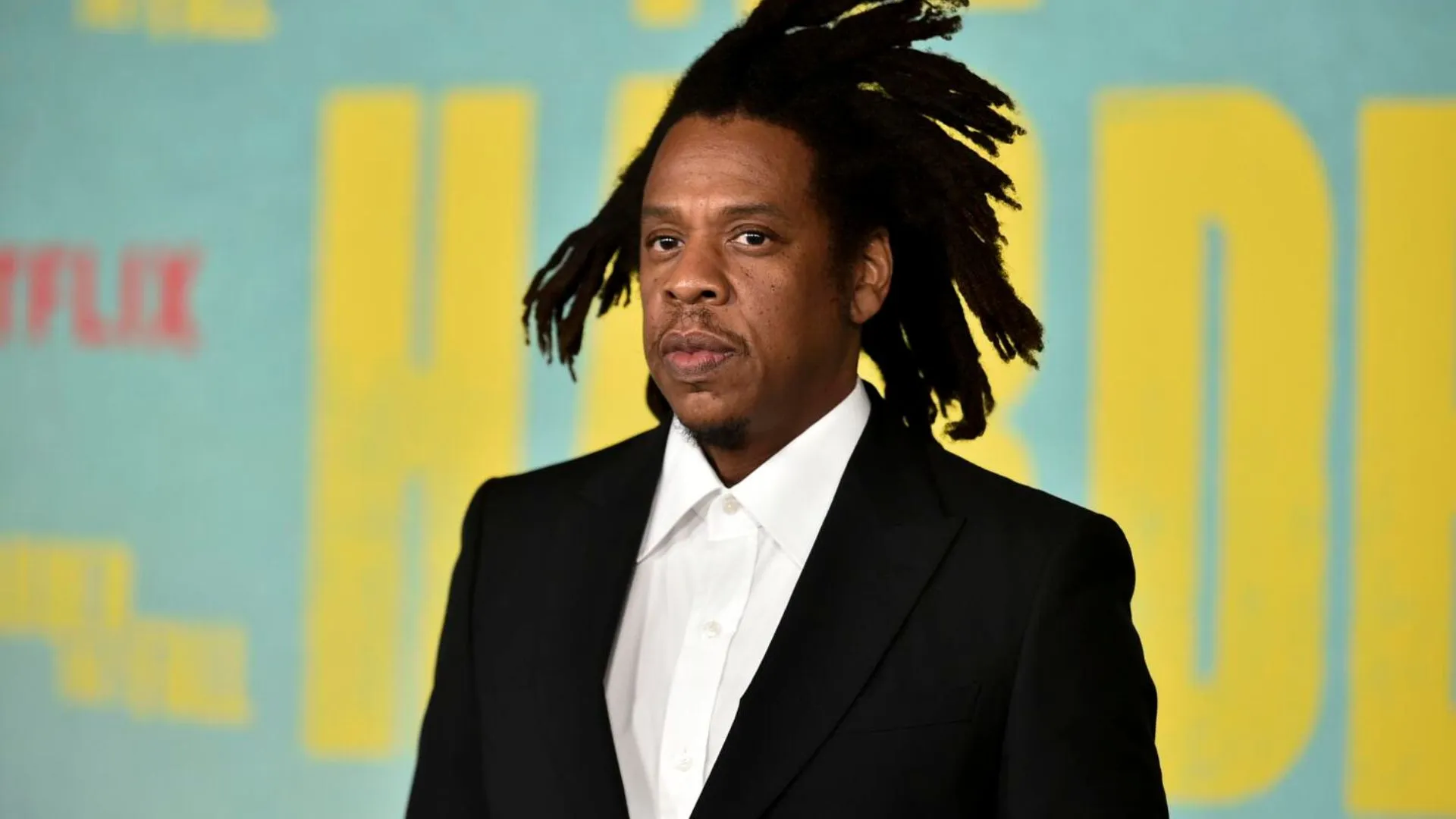In a surprising development, Jay-Z, born Shawn Carter, has taken a significant step back from his legal battle concerning sexual assault allegations involving him and fellow music mogul Sean ‘Diddy’ Combs. The rapper’s legal team has now moved to withdraw a previous motion for sanctions, signaling a shift in strategy as the high-profile case continues.
Jay-Z’s attorney, Alex Shapiro, submitted a formal request to Judge Analisa Torres, stating, “We write on behalf of Defendant Shawn Carter to respectfully request that Mr. Carter’s Motion for Sanctions pursuant to Federal Rule of Civil Procedure 11 be withdrawn at this time, without prejudice.” Shapiro further noted that the withdrawal had the consent of the plaintiff’s counsel, with an agreement that the withdrawal would be without prejudice.
Initial Lawsuit and Allegations
The case stems from a lawsuit filed by an anonymous woman who alleges that she was sexually assaulted by Jay-Z and Diddy at the age of 13 during an afterparty following the 2000 MTV Video Music Awards in New York City. The plaintiff, now 24 years old, claims that the assault took place in September 2000.
Previously, Jay-Z had filed a motion to dismiss the lawsuit, arguing that the claims were “too old to pursue” due to legal limitations. His legal team contended that the alleged incident predates the enactment of the Victims of Gender-Motivated Violence Protection Act (GMV Law), which came into effect in December 2000, three months after the purported event.
In a letter to Judge Torres, Jay-Z’s legal representatives argued, “Plaintiff cannot recover for her sole claim under the Victims of Gender-Motivated Violence Protection Act (the GMV Law), as a matter of law, because the statute does not have retroactive effect.” They maintained that the plaintiff’s allegations do not align with the timeline necessary for the application of the GMV Law.
Plaintiff’s Anonymity and Legal Maneuvers
The judge had previously denied Jay-Z’s request to reveal the identity of the anonymous plaintiff. Despite his legal attempts to have the case dismissed, the allegations have continued to garner attention, raising questions about the legal and moral responsibilities of high-profile figures in the entertainment industry.
This case highlights the ongoing legal complexities surrounding historical sexual assault allegations and the evolving legal frameworks aimed at addressing such claims. As the situation develops, Jay-Z’s decision to withdraw his motion for sanctions suggests a recalibration of his legal approach.
Whether this move will lead to a dismissal of the case or further legal battles remains to be seen. The allegations against two of the music industry’s most influential figures continue to draw widespread attention, signaling the need for careful legal navigation by all parties involved.
Read More : Has Aamir Khan’s Heart Found Love Again? Actor Dating Bengaluru Woman, Says Reports























